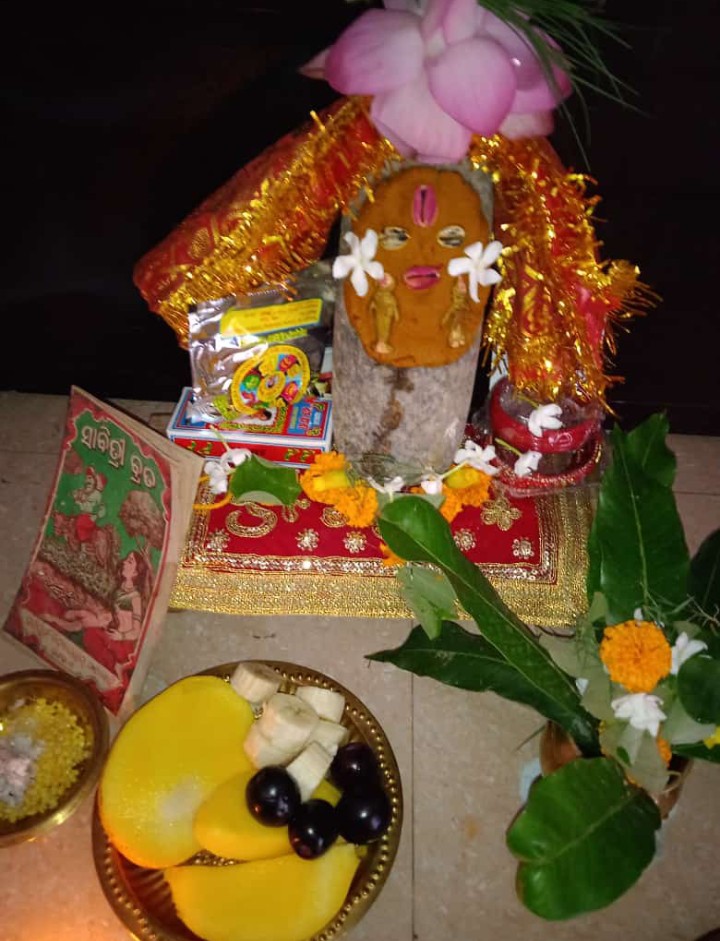Savitri Amavasya is a significant day of fasting observed on the Amavasya, or no moon day, in the month of Jyestha according to the Hindu calendar. Jyestha, the third month of the Hindu calendar, typically falls between May and June. This year, Savitri Amavasya falls on June 6. The festival is particularly celebrated in the North Indian states of Odisha, Bihar, and Uttar Pradesh, as well as in Nepal, where it is also known as “Sabitri Uwaans” in some parts of Odisha.On this auspicious day, married Hindu women undertake a strict fast and engage in prayers with the heartfelt desire for their husbands’ long lives. The observance of this fast is deeply rooted in religious traditions and is considered a sacred vow among these women.The significance of Savitri Amavasya stems from the legendary tale of Savitri and Satyavan, a story that is prominently featured in the ancient Sanskrit epic, the Mahabharata. According to the legend, Savitri was the daughter of King Ashwapati of the Madra Kingdom, which is believed to be located in present-day Maharashtra. Savitri chose Satyavan, the son of the blind King Dyumatsena, as her husband despite knowing that he was destined to die within a year.King Ashwapati, aware of Satyavan’s impending death, attempted to dissuade Savitri from marrying him. However, Savitri remained resolute in her decision. As the foretold day of Satyavan’s death approached, Savitri undertook a rigorous three-day fast and performed intense prayers. Her unwavering devotion and steadfastness impressed Yama, the god of death, who eventually granted her the boon of her husband’s life.The fast observed on Savitri Amavasya is a reflection of the same intense devotion that Savitri displayed. Married women emulate Savitri’s dedication by fasting and praying, thereby seeking divine blessings for the longevity and well-being of their husbands.The customs and rituals associated with Savitri Amavasya vary slightly across different regions but share the common theme of devotion and sacrifice. Women wake up early, take a holy bath, and offer prayers to the deities, especially to Savitri. They read or listen to the story of Savitri and Satyavan, reinforcing their commitment and faith.Savitri Amavasya serves as a poignant reminder of the power of devotion and the sanctity of marital vows, making it a deeply revered observance among Hindu married women.Odia married women celebrate Savitri Amavasya, also known as Sabitri Brata, to honor the legendary devotion and determination of Savitri, a mythological figure from the Mahabharata. This festival, observed on the Amavasya (new moon day) of the Hindu month of Jyeshtha, is dedicated to the well-being and longevity of their husbands.The celebration revolves around the story of Savitri, who successfully reclaimed her husband, Satyavan, from the clutches of Yama, the god of death, through her unwavering devotion and cleverness. On this day, women wake up early, take a holy bath, and don new or traditional attire. They offer prayers and perform rituals under a banyan tree, which symbolizes longevity and stability, much like the relationship they seek to preserve.Fasting is a significant part of the observance, symbolizing the sacrifice and commitment of Savitri. Women also exchange offerings of fruits and sweets, recite the Savitri-Satyavan story, and tie threads around the banyan tree, praying for their husbands’ health and prosperity. Savitri Amavasya thus reinforces marital fidelity and the enduring strength of a wife’s love and determination.
Savitri Amavasya: A Devotional Fast for Married Women

